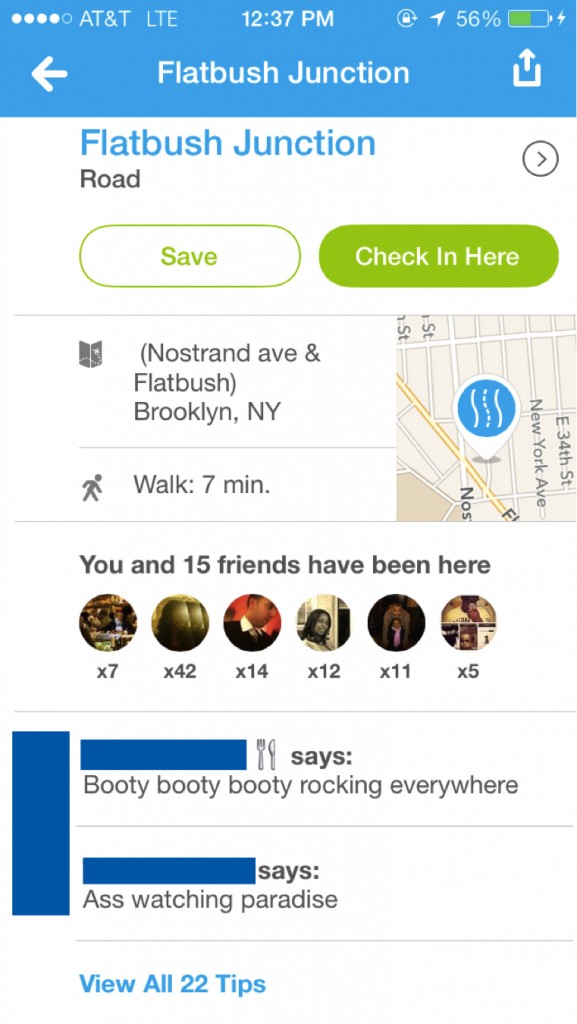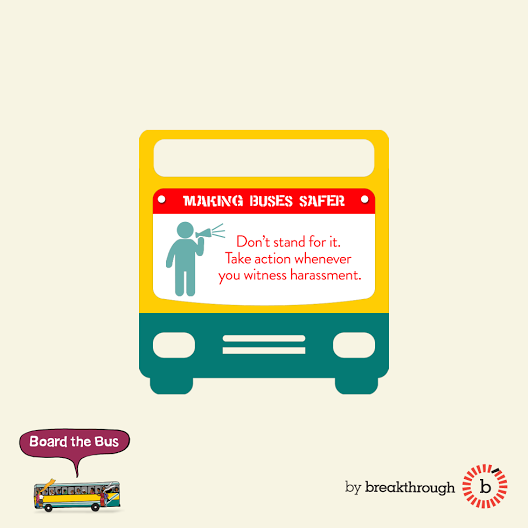The Massachusetts legislature moved swiftly this week to fix a law that resulted in the Massachusetts Supreme Judicial Court ruling it was legal for a man to take photos up women’s skirts in public places.
“The new law passed both houses of the Massachusetts legislature in startling quick fashion Thursday, and now goes to the desk of Gov. Deval Patrick, who is expected to sign it Friday.
“We can send a message out there, to the women especially, that this type of action will not be tolerated — now will be illegal under Massachusetts law,” said Speaker Robert A. DeLeo after the new legislation passed, according to the Boston Globe.
The legislation says anyone who tries to photograph another person’s sexual or intimate parts without that person’s consent would face a maximum penalty of more than two years in jail and a $5,000 fine. The penalty would jump to five years in prison or a $10,000 fine if the victim is under 18.
Distributing such photos of a child is punishable by a $10,000 fine or 10 years in prison.”
Wow, I guess legislators can move fast when they want to. I hope the governor signs the updated law.
But did you know, there are other states where non-consensual upskirt photos are legal? For example, they are legal in states like Alabama, Nebraska, and Oregon. Learn more in the SSH Know Your Rights toolkit.
It’s time every state that allows upskirt photos updates its law. They can get guidance on the best language to use from other states like Hawai’i and Washington.
Hawai’i’s law Violation of Privacy in the Second Degree says it is illegal if a person intentionally “covertly records or broadcasts an image of another person’s intimate area underneath clothing, by use of any device, and that image is taken while that person is in a public place and without that person’s consent;”
Washington’s Voyeurism law specifically states it is illegal for someone to take photos or videotape of the intimate areas of a non-consenting person’s body under circumstances where the person has a reasonable expectation of privacy, including public places.
No one should have to worry about someone taking violating photos of them in public spaces, but should that happen, everyone deserves the right to legal recourse, no matter where they reside.


